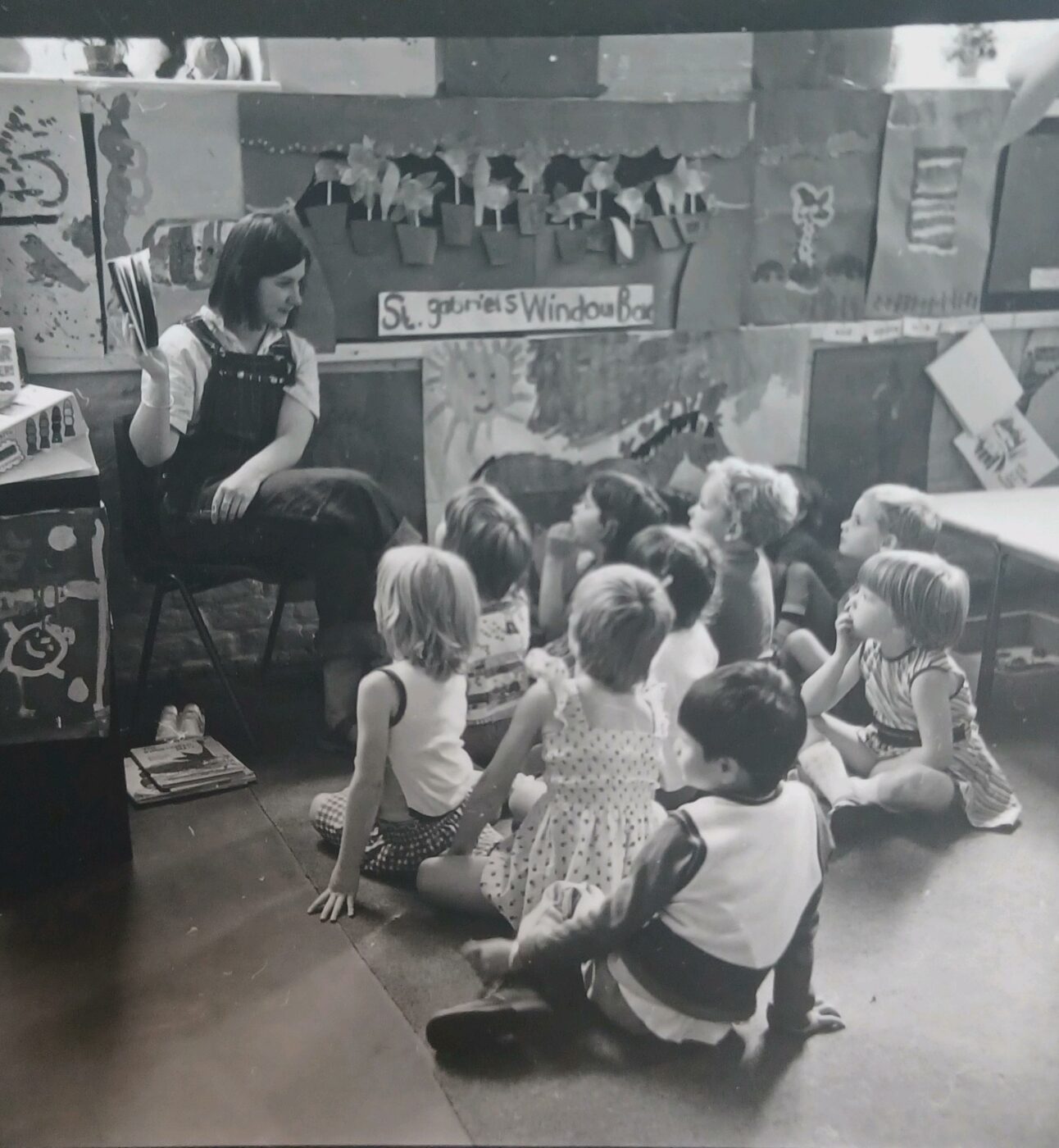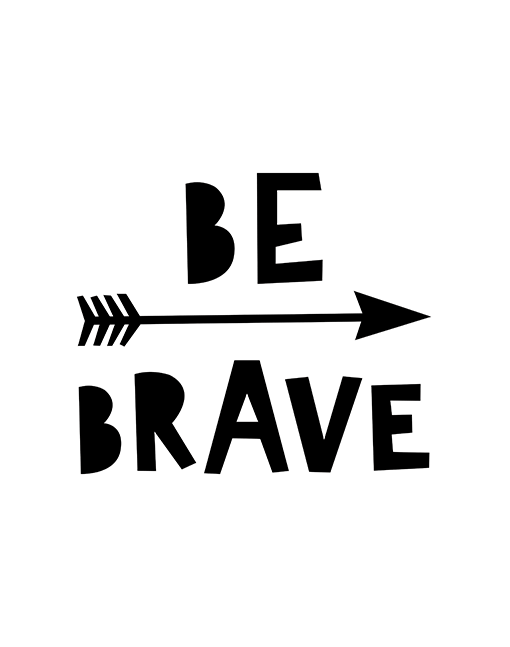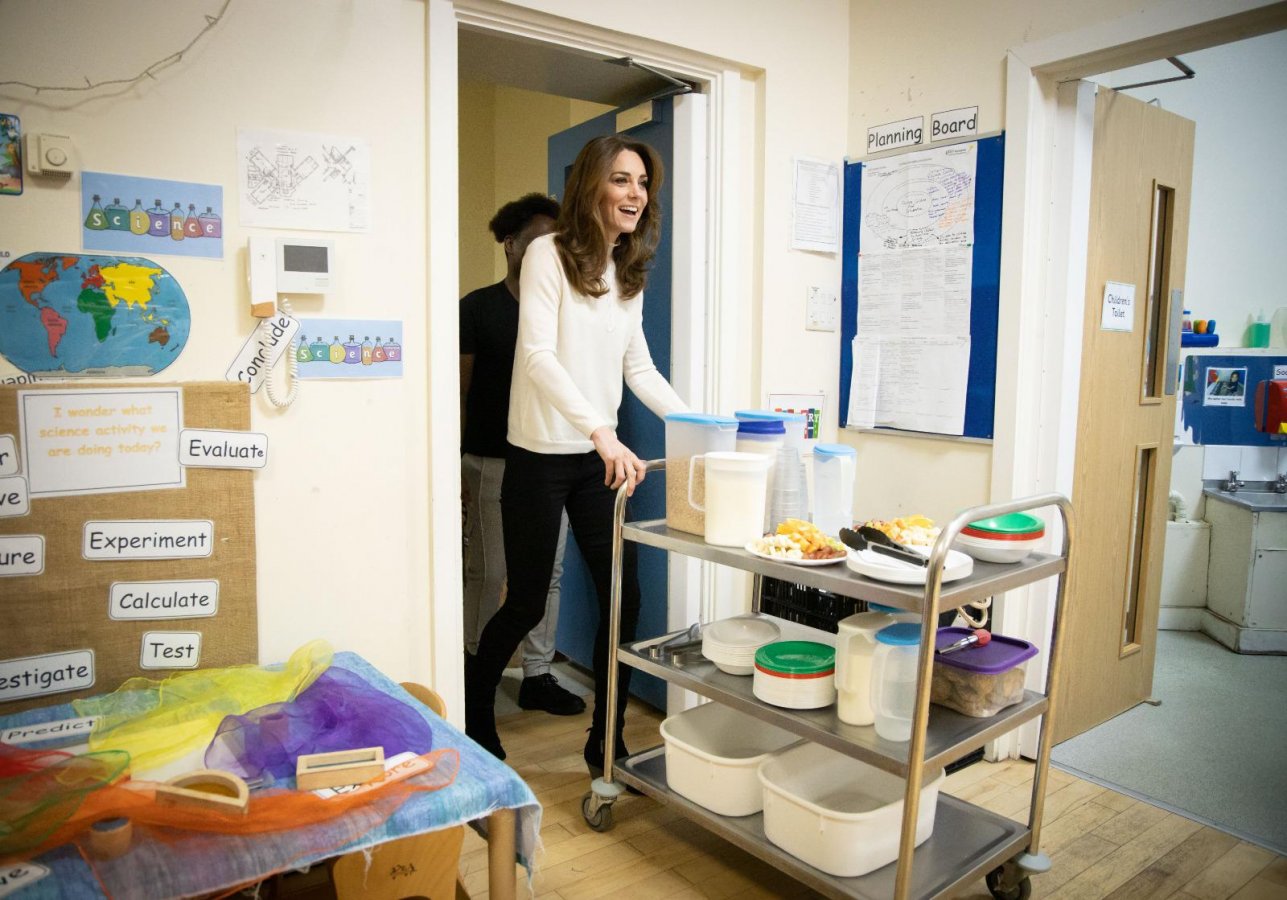
Talking Early Years: Celebrating 120 Years at LEYF
The Year That is 2023 – This year, we are proud to celebrate 120 years of LEYF. It’s been fascinating to reflect back on what has changed over…
November 13th 2012
An invitation to speak at the Early Arts UnConference at the MAC in Birmingham led to my reflecting back on why I started to investigate cultural capital as a core of the LEYF learning approach. This was long before the days of the EYFS, so the raft of information, guidance and research we have since developed was in short supply. However, Europe and New Zealand was a great source of information for me, and I looked there for proof that children would benefit greatly from a culturally enriched environment. My hypothesis was that creativity was built by being with people who could translate it in many ways.
It all became real for me when we introduced classical music at sleep time, and a little girl with a fairly difficult home life sat bolt upright when she heard the first blasts of Handel’s Water Music, saying “It’s like God’s music”. She was an immediate convert to Handel, and I was an immediate convert to the notion of cultural entitlement.
It is true that most learning happens at home, but a good education can open your eyes and bring new ideas and a new world into that home. Education is part of culture and cannot be divested from it, as culture is transmitted through children. It’s why the home learning environment is a key element of the LEYF social impact model. I was lucky to get a good convent education, and the nuns (for all their faults and fury) introduced me to Jane Austen, Michelangelo, Stravinsky and Miles Davis. This opened up a whole new world for me which I never would have received at home; my curiosity then grew and developed, albeit more slowly for genres such as opera and modern art, and more quickly for dance and literature.
So what does a cultural entitlement look like? Howard Gardner summed it up perfectly when he said that every child has a spark inside them, but it’s our responsibility to find what will ignite that spark.
I hopefully regaled the Birmingham audience with stories and photos of how to enrich and embed daily activities with a touch of magic. Extended language, arts and crafts, music, singing, poetry, drama, food, outings, galleries, museums, theatre, art exhibitions, science, shopping and eating; all daily activities with which a stretch and a twist can open a new world for our children. The core impulse for a human mind is to learn and use all kinds of experiences, and then to learn what other people label them. Fostering creativity is fundamentally important, because creativity brings with it the ability to question, make connections, innovate, problem solve, communicate, collaborate and to reflect critically. All of which is vital for all children to be able to play their part in their rapidly changing world.
According to the Henley Report, by the time a child has reached seven years, the minimum level of cultural education they should have experienced through school is to have regularly read books and taken part in storytelling, arts and crafts, singing, music and dance. They should also have visited art galleries, theatre, cinema, museums, libraries and heritage sites. The new EYFS states that expressive arts needs to contribute to children succeeding in the three prime areas. (PSE, CLL and Physical in case you had forgotten!)
The importance of having a creative staff who can embellish and fascinate children by using imagination, creativity and all the arts available as part of children’s daily lives is what matters. Research is particularly clear about the importance of language. We know that children who have a grasp of formal language, rather than being restricted to informal language, are at an enormous advantage in the education system. Low level and limited vocabulary and poor management of grammar limits children and reduces their expression of analytical and abstract ideas and arguments. We also know reading is key to helping us transmit content, vocabulary and styles of expression which in turn helps develop linguistic fluency, a fundamental skill and one that is well rewarded in school. We know that broadening a child’s horizons and experiences, which extend and challenge them, takes them further up their zone of proximal development. So who are we to limit children by being unable or unwilling to teach and extend their vocabulary, literacy and world view by failing to use the vast array of creative resources, opportunities and teaching methods available to us? Why should Hannah be deprived of ever hearing “God’s Music”? A learning approach needs to be based on the principles of cultural entitlement, not as a nice thing to do now and then, but as the basis of all that goes on in the nursery.
There are two lasting bequests we can give our children: one is roots, the other is wings.
Let me know your thoughts, and how you make cultural capital an every day reality in your setting, in the comment area below.

The Year That is 2023 – This year, we are proud to celebrate 120 years of LEYF. It’s been fascinating to reflect back on what has changed over…

The other night I was watching my new late-night Netflix addiction, How to Get Away With Murder. I have reached Series 5 where the main protagonist, Annaliese Keating is…

We all know that the Tiger comes to Tea but we have never had a Duchess come to Breakfast. https://www.youtube.com/watch?v=-6hzbLzcprE The Duchess of Cambridge lightened up our…